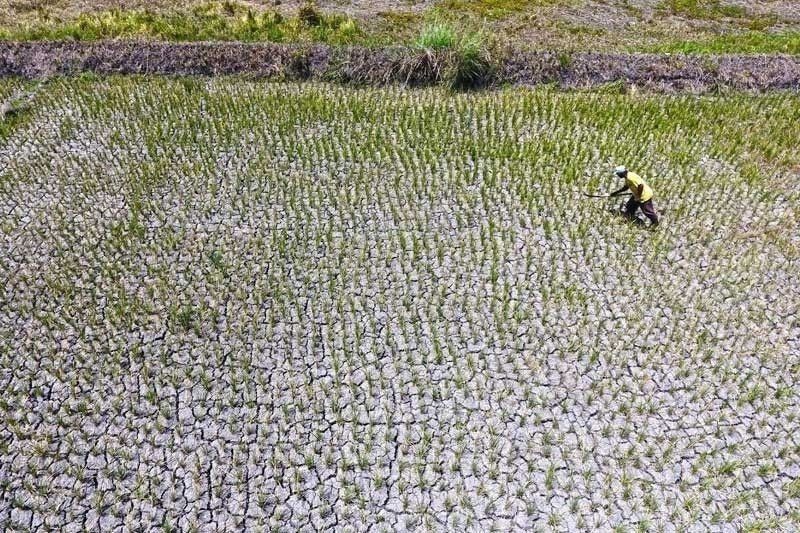Q1 agriculture output seen contracting 1.2%

MANILA, Philippines — The local agriculture sector will see the effect of the consecutive typhoons at the end of 2020 as the farm industry is expected to contract 1.2 percent in the first quarter of the year.
The Southeast Asian Regional Center for Graduate Study and Research in Agriculture (Searca) has projected that agriculture performance for January to March 2021 will be in the negative, declining by as much as 1.21 percent.
“This contraction could be expected as the agriculture sector bounces back after a series of typhoons and floods on top of the disruptions brought about by the COVID-19 lockdown restrictions,” Searca director Glenn Gregorio said.
The growth momentum of the sector was stalled following the consecutive typhoons that hit the country in the last quarter of 2020 which damaged nearly P12 billion in farm produce.
Around 322,041 metric tons of palay were lost due to the typhoons, equivalent to eight days of rice consumption.
Of the sub-sectors, Searca noted that only fisheries will likely post a positive growth at 3.05 percent.
Crops, livestock and poultry will all post declines of 1.17 percent, 6.33 percent and 3.99 percent, respectively.
“We are positive, however, that the rest of the quarters of 2021 will show a positive growth as the sector becomes more adapted and innovative,” Gregorio said.
Noting the positive growth to be expected from fisheries, Searca is calling for an improved logistics and transport system to increase the competitiveness of the sector.
Gregorio emphasized that the Philippines needs to invest in an integrated infrastructure system that lowers production and transportation costs across the different supply chains.
Asean’s farm research center said it is crucial to transform the sector as resilient systems amid the significant impact of typhoons and floods as experienced in 2020 and even in the years before that.
“This clearly requires an increased percentage of Filipino farmers having internalized a decision-support system that would make them more agile and effective in responding to natural hazards and other potential external disruptions like the COVID-19 pandemic,” Gregorio said.
These include improved access to climatic and weather data, stress-tolerant crop varieties, good agricultural practices, crop insurance system, extension system and modern technological support and innovative financial capital.
- Latest
- Trending
























